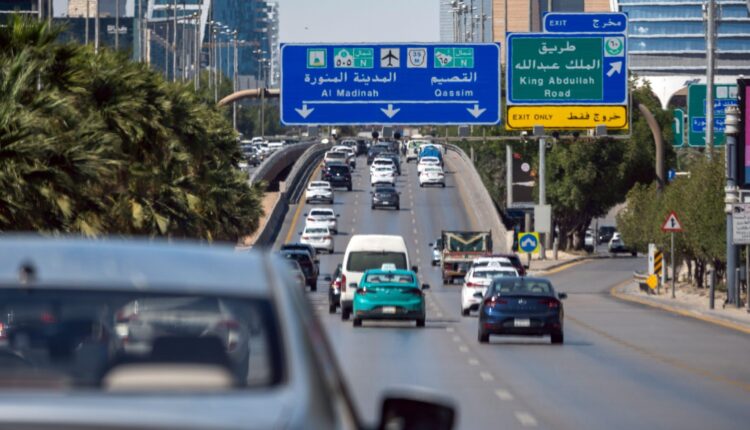Unified Traffic Violation System Across GCC Nears Completion
The Gulf Cooperation Council (GCC) is poised to reach a significant milestone in regional road safety and mobility. According to GCC Secretary-General HE Jasem Mohamed Albudaiwi, the ambitious project to link traffic violations across all six GCC member states is now 95% complete.
Real-Time Traffic Violation Tracking Across Borders
In an exclusive interview with Kuwait’s Al Qabas newspaper, Albudaiwi confirmed that once the system goes live, it will allow for instant sharing of traffic violation data across GCC countries.
The UAE, Qatar, and other GCC member states will automatically recognize traffic fines issued in Saudi Arabia. For drivers, this marks the end of escaping penalties by simply crossing borders.
The Secretary-General emphasized that additional priority services are also being developed to serve both citizens and residents, enhancing convenience and efficiency across the region.
“This project strengthens compliance with traffic laws and reduces repeated violations across GCC borders,” Albudaiwi noted.
Spotlight on the GCC Railway Project
Beyond traffic safety, the Secretary-General also highlighted progress on another transformative initiative — the GCC Railway Project, which aims to connect all member states with a single integrated railway network by 2030.
Stretching 2,177 kilometers, the railway will run from Kuwait through Saudi Arabia, Bahrain, Qatar, the UAE, and Oman. Key connections will include:
- Kuwait → Dammam (Saudi Arabia) → Manama (Bahrain)
- Dammam → Doha (via Salwa) → Manama
- Saudi Arabia → Abu Dhabi & Al Ain (UAE) → Muscat (Oman) via Sohar
Albudaiwi described the project as a game-changer for the Gulf’s economy, opening up “promising opportunities for the business and financial sectors, particularly in localizing industries tied to construction, operation, and long-term maintenance.”
A New Era for Mobility in the Gulf
Together, these projects represent a bold step toward a more integrated, efficient, and connected GCC. Not only will the unified traffic violation system make roads safer and strengthen enforcement, but the railway project will also reshape regional trade, travel, and logistics.
By 2030, Gulf citizens and residents could see a reality where driving across borders means seamless enforcement of traffic laws, and traveling between capitals could be as easy as boarding a high-speed train.
Follow up on ArabWheels Blogs for the latest automotive updates.

